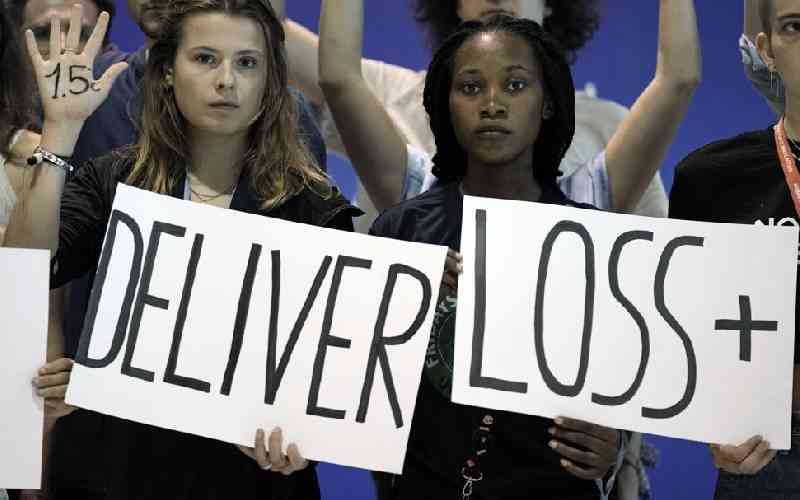×
The Standard e-Paper
Join Thousands Daily

COP27 has ended with a landmark deal that will see the establishment of a loss and damage fund.
Parties at the United Nations Framework Convention on Climate Change Conference of the Parties (COP27) agreed early Sunday morning after extended climate talks in Sharma El-Sheikh, Egypt.